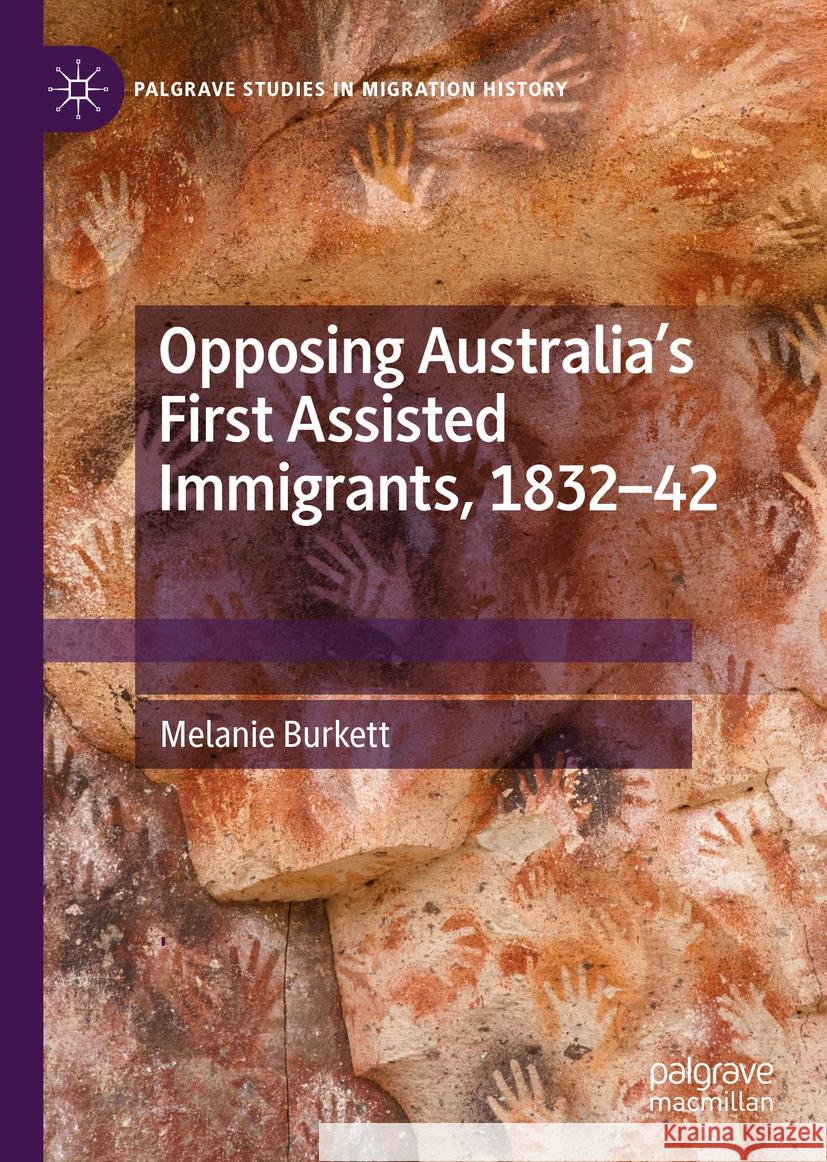Opposing Australia's First Assisted Immigrants, 1832-42 » książka
topmenu
Opposing Australia's First Assisted Immigrants, 1832-42
ISBN-13: 9783030849191 / Angielski / Twarda / 2021 / 278 str.
Kategorie BISAC:
Wydawca:
Palgrave MacMillan
Seria wydawnicza:
Język:
Angielski
ISBN-13:
9783030849191
Rok wydania:
2021
Wydanie:
2022
Numer serii:
000824717
Ilość stron:
278
Waga:
0.51 kg
Wymiary:
21.01 x 14.81 x 1.91
Oprawa:
Twarda
Wolumenów:
01
Dodatkowe informacje:
Wydanie ilustrowane











